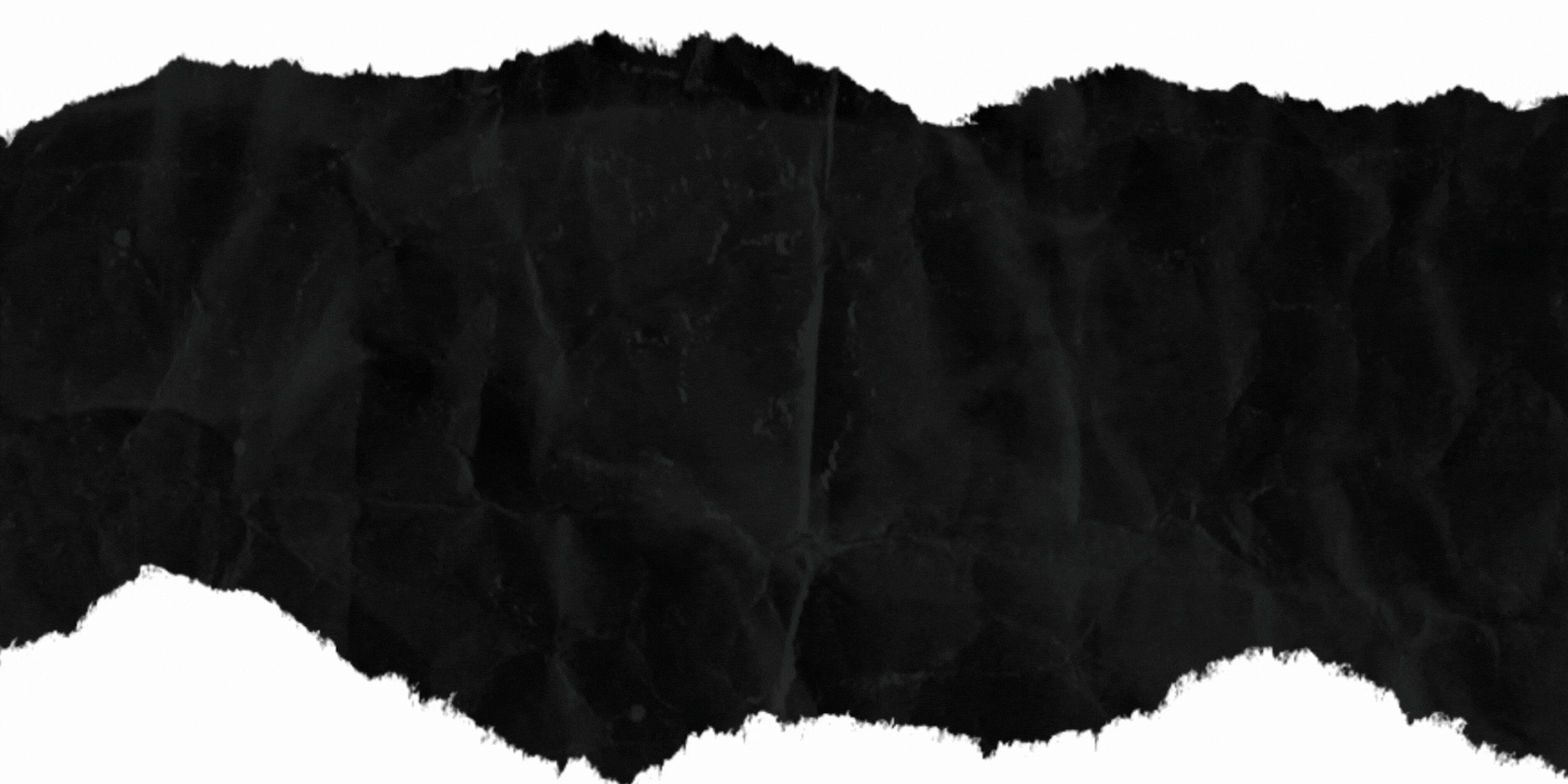Silicon Valley, known for its booming tech industry and picturesque landscapes, is also prone to devastating wildfires. These natural disasters have the potential to destroy homes and displace residents. In order to safeguard your property and ensure a smooth recovery in the event of a wildfire, it is crucial to have a comprehensive homeowner’s insurance policy. This article will guide you through understanding your insurance coverage and provide valuable tips to protect your home in Silicon Valley.
Importance of Adequate Coverage
When it comes to homeowner’s insurance, having adequate coverage is essential. In Silicon Valley, where the risk of wildfires is higher, it becomes even more crucial to review and update your policy regularly. By double-checking your insurance policy, you can ensure that you have sufficient coverage to rebuild your home and replace your belongings if a wildfire strikes.
Reviewing Your Policy
Take the time to carefully review the details of your insurance policy. Pay close attention to the coverage limits and any fine print that may affect your claim. It is important to understand the terms and conditions of your policy, as well as any exclusions or limitations that may apply.
Consider purchasing additional coverage for code upgrades to bring your home up to the latest building standards. This will protect you in case there have been changes in regulations for electrical systems or insulation since your house was built.
Documenting Your Home and Belongings
In order to streamline the claims process, it is crucial to document your home and create an inventory of your belongings. Take photographs and videos of your property and possessions, storing them on a cloud-based platform for easy access. These visual records will serve as evidence in case your insurer disputes any aspect of your claim.
In the unfortunate event that you have to evacuate due to a wildfire, keep all receipts for additional living expenses such as hotel rooms, food, or rentals. These expenses may be covered by your insurance policy.
Working with an Insurance Professional
To ensure that you have the right coverage for your needs, it is important to work with an experienced insurance agent or broker. They can guide you through the provisions of your policy and help you understand why additional premiums may be necessary, especially if you reside in a high-risk area like Silicon Valley.
Understanding Your Coverage
Your homeowner’s insurance policy will typically cover damages caused by wildfires, including fire and smoke damage. It may also include coverage for the repair and cleaning of smoke-damaged furniture, water damage from firefighting efforts, debris removal, and certain living expenses.
Dwelling and Detached Structures
Your policy should provide coverage for your main dwelling and any detached structures, such as a garage or fence. In the event of a wildfire, this coverage will help you rebuild or repair these structures.
Landscaping and Backyard Items
If your landscaping or other backyard items, such as a gazebo or shed, are damaged or destroyed by a wildfire, your policy may provide coverage for their replacement or repair.
Personal Property
Your homeowner’s insurance policy should also cover your personal belongings, such as furniture, appliances, and clothing. However, it is important to note that the coverage limits for personal property may vary, and you may need to purchase additional coverage for high-value items like jewelry.
Debris Removal
In the aftermath of a wildfire, debris removal can be a significant expense. Fortunately, many homeowner’s insurance policies include coverage for debris removal, helping you clear your property and prepare for rebuilding.
Loss of Use Coverage
One often overlooked aspect of homeowner’s insurance is loss of use coverage. This provision provides coverage for temporary living expenses if your home is deemed uninhabitable due to a disaster like a wildfire. It can cover expenses such as temporary residence, moving costs, transportation, and commuting expenses.
It is important to review your policy for the limits and duration of loss of use coverage, also known as Coverage D. This coverage is typically limited to a specific amount and time period, so it is crucial to ensure that the coverage aligns with your needs.
Cash Value vs. Replacement Value
When it comes to insuring your home and its contents, it is important to understand the difference between cash value and replacement value.
Actual cash value refers to the depreciated value of your possessions at the time of the loss. In this settlement, your items will be replaced based on their current, depreciated value. On the other hand, replacement value coverage will provide you with enough money to replace your lost items with new ones. While replacement value coverage may come with higher premiums, it can be worth the investment as it allows you to restore your belongings to their pre-loss condition.
Extending Coverage and Preparing for Rebuilding
In the unfortunate event of a wildfire, the length of time it takes to rebuild your home can pose challenges. While loss of use coverage will provide temporary living expenses, it is important to consider the duration of coverage, which can vary by state.
In California, for example, the law currently allows for 24 months of loss of use coverage, which will increase to 36 months starting in January 2019. However, some states may limit loss of use coverage to only 12 months. It is crucial for homeowners to assess their needs and ensure that their policy provides adequate coverage for the duration of the rebuilding process.
Protecting Your Property in Silicon Valley
In addition to understanding your homeowner’s insurance policy, there are several steps you can take to protect your property in Silicon Valley from wildfires.
- Maintain Defensible Space: Clearing vegetation and creating defensible space around your home can help reduce the risk of wildfires. Trim trees and remove dead vegetation to create a buffer zone.
- Install Fire-Resistant Features: Consider installing fire-resistant features, such as ember-resistant vents and fire-resistant roofing materials, to protect your home from embers and flying debris.
- Secure Your Property: Ensure that your property is secure by installing fire-resistant fencing and gates. This can help prevent embers from entering your property and igniting flammable materials.
- Create an Emergency Plan: Develop an emergency plan for your family, including evacuation routes and meeting points. Keep important documents and valuable items in a fireproof safe or store them off-site.
- Stay Informed: Stay updated on wildfire risks and alerts in your area. Sign up for emergency notifications and follow local authorities’ instructions during wildfire events.
By taking these proactive measures and understanding your homeowner’s insurance policy, you can better protect your property in Silicon Valley and ensure a smoother recovery in the event of a wildfire.
Remember, wildfires can be unpredictable and devastating. It is crucial to regularly review and update your homeowner’s insurance policy to ensure that you have adequate coverage. Work with an insurance professional who can guide you through the process and provide valuable insights. With the right preparation and coverage, you can have peace of mind knowing that your property is protected in the face of potential wildfires in Silicon Valley.




